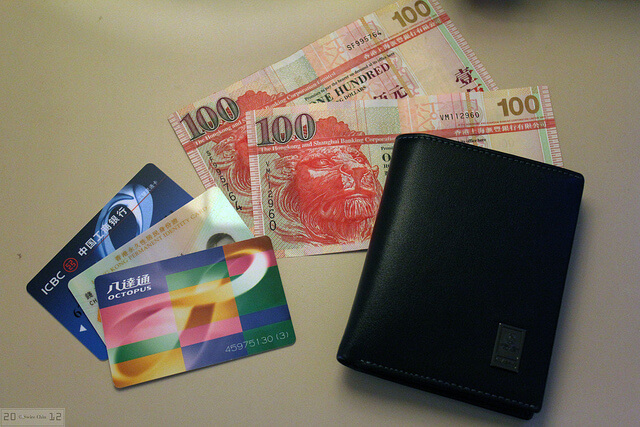The Reserve Bank of India (RBI) has instructed pre-paid instrument (PPIs) operators to enable full interoperability to PPI cards and PPI e-wallets for those customers who have fulfilled the entire Know-Your-Customer (KYC) criteria. Payment companies will need to enable PPI interoperability by March 2022, the RBI said in a notification on Wednesday. In April, RBI Governor Shaktikanta Das announced that the limit for full-KYC PPI accounts would from Rs 1 lakh to Rs 2 lakh. This means that a PPI card or PPI e-wallet user can double the amount they store on the pre-loaded payment instrument (such as ----). "As the migration towards interoperability has not been significant, it is now proposed to make interoperability mandatory for full-KYC PPIs and for all payment acceptance infrastructure," he said as part of the monetary policy announcement. The RBI said that even though the 2017 guidelines on PPIs had laid down a road map for interoperability and the RBI had issued a framework for the same in October 2018, migration to the interoperable PPI model has been insignificant. PPIs are pre-loaded cards or digital wallets. For instance, Sodexo provides plastic cards or PPI cards which are loaded with funds to be used at food outlets and grocery stores, on the other hand, Paytm, PhonePe, MobiKwik and other payment apps that allow customers to load funds into the app so that they can spend the funds through the app itself are PPI e-wallets. A statement from Sodexo clarified that its cards are loaded by…






























